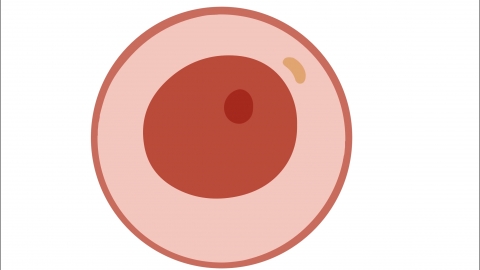Will the lower abdomen feel bloated when the fertilized egg implants?
Under normal circumstances, some women may experience a slight sensation of bloating in the lower abdomen during embryo implantation, but this does not occur in everyone. Whether it causes bloating depends on individual conditions. If symptoms persist or worsen, it is recommended to seek medical evaluation promptly to identify the cause. Detailed analysis is as follows:

Women with higher bodily sensitivity or significant hormonal fluctuations during implantation may feel mild bloating in the lower abdomen. This sensation is usually caused by minor local tissue irritation or pelvic congestion due to hormonal changes when the fertilized egg embeds into the uterine lining. The discomfort is typically mild and short-lived, does not interfere with daily activities, and may be accompanied by subtle symptoms such as mild lower back ache.
Women with lower sensitivity or more stable hormonal changes during implantation generally do not experience lower abdominal bloating. These individuals are less likely to notice subtle physical changes; even if there is minor tissue response or congestion during implantation, they often remain unaware. Pregnancy in such cases is usually confirmed only through delayed menstruation or positive early pregnancy tests, without noticeable abdominal discomfort related to implantation.
When observing bodily responses, it's important to distinguish implantation-related bloating from abdominal distension caused by gastrointestinal discomfort or gynecological inflammation. The former is usually mild and transient, while the latter may be accompanied by additional symptoms such as diarrhea or abnormal vaginal discharge. If bloating is pronounced or progressively worsens, do not assume it is due to implantation; seek timely medical evaluation to determine the underlying cause. Additionally, avoid excessive focus on minor bodily changes to prevent psychological stress from inducing perceived discomfort.




